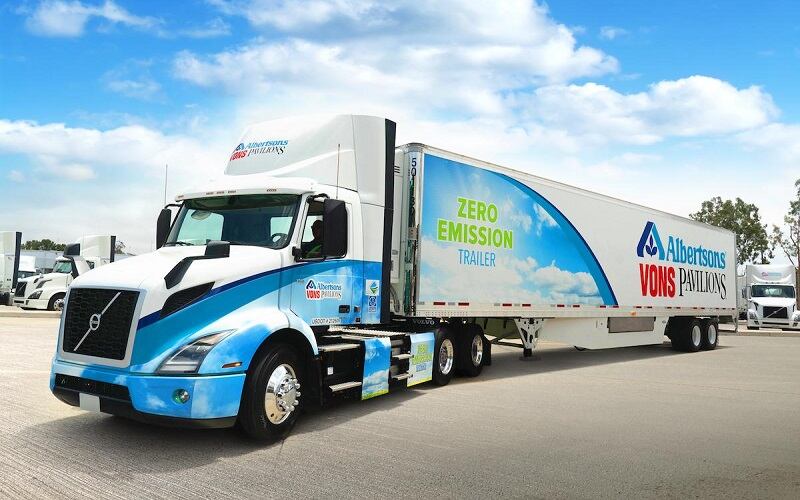“Most alternative protein companies that want to make a company and product-specific environmental claim lack robust, standardized and representative supporting data, which has resulted in selected companies facing criticism of greenwashing that damage both the individual companies and also the industry more broadly. Lifecycle assessment or LCA is one of the most ... widely used tool for quantifying and evaluating the environmental impact of producing goods and services,” Tom Chapman, food systems impact advisor for GFI, said in the webinar.
Understanding the LCA basics, options available
In the context of food and beverage manufacturing, an LCA is a study that calculates the resources that go into creating a product and can include how much carbon, water or other resources are being used, in the hopes of finding ways to reduce the environmental impact, Chapman explained.
"At each stage of this lifecycle, resources such as land, water [and] energy, which are inputs, are used to create products and the weights which are the outputs. Some of these outputs are intended and desirable, such as the food itself, while others are not such, as greenhouse gas emissions. All these inputs and outputs affect the planet, our economy and societies."
At the start of the LCA, Chapman recommended that alt-protein manufacturers be clear on the study's intent, the methodology to collect data, the study's target audience, whether the findings will be publicly disclosed, and the study's boundaries. At the end of the LCA, food manufacturers will have insight and data that could be used “for various decision-making processes, reporting needs, and business goals,” he added.
"They can be used to confirm whether a product or crisis meets regulatory or legal requirements, help estimate the impacts of complying with expected or announced new regulations, create baselines and compare the industry results, model product lifecycle and test different scenarios to identify optimal production systems, and also assist product and process redesign."
When it comes to available options, companies have two main ways through which they can conduct LCAs, each with their pros and cons, Chapman explained. Additionally, internal teams can conduct LCAs themselves, or food and beverage companies can work with LCA experts to conduct them, he added.
A full-scale LCA is the gold standard, and “it is a bespoke and comprehensive LCA that measures as much the production process as possible,” which can cost a company anywhere between $50,000-100,000, he said. And just below that is a limited-scope LCA that is “[focused] on a specific part of the production process or reducing the number of environmental issues being assessed” and will cost about $20,000, he added.
GFI, Foodsteps partner on LCA modeling software tool
For those companies that might not be able to conduct their LCAs whether it is because of cost or logistic reasons, they also have the option of going with LCA modeling software, which can be a low- or no-cost way of getting started with LCAs and finding data to inform sustainability projects, Paul Arnott, product manager at Foodsteps.
Foodsteps is working alongside the GFI to develop an LCA model tool, which will be available in a freemium and paid option, that can run alternative protein product simulations to determine their environmental impacts, Arnott said. In a simulation, companies can answer questions about fuel use in creating and transporting products between facilities, the ingredients used in the formulation, and other details and will receive a letter grade on the environmental impact along with if it is more sustainable than meat products, he explained.
“A software solution allows you to experiment with different data inputs as well. So, this could be useful to see what might happen if you were to make changes to your processing facilities or ingredients or suppliers, [which is] ... potentially really important as you are scaling the operations.”
And unlike commissioning LCAs, modeling software like the one GFI is creating is not only easier to access than commissioning a full-scope LCA, but data can be updated to reflect an accurate picture of the environmental impact of a product, Arnott noted.
“The software can provide you with regular updates to your assessments, so what this means is that as more data becomes available externally, our algorithms and our database is constantly evolving. So, this means that you would benefit from newer, more localized and more accurate research about various alt-protein processing techniques that we incorporate. And also, there is the potential for us to incorporate updated data on branded ingredients from your suppliers as that data becomes available as well.”




